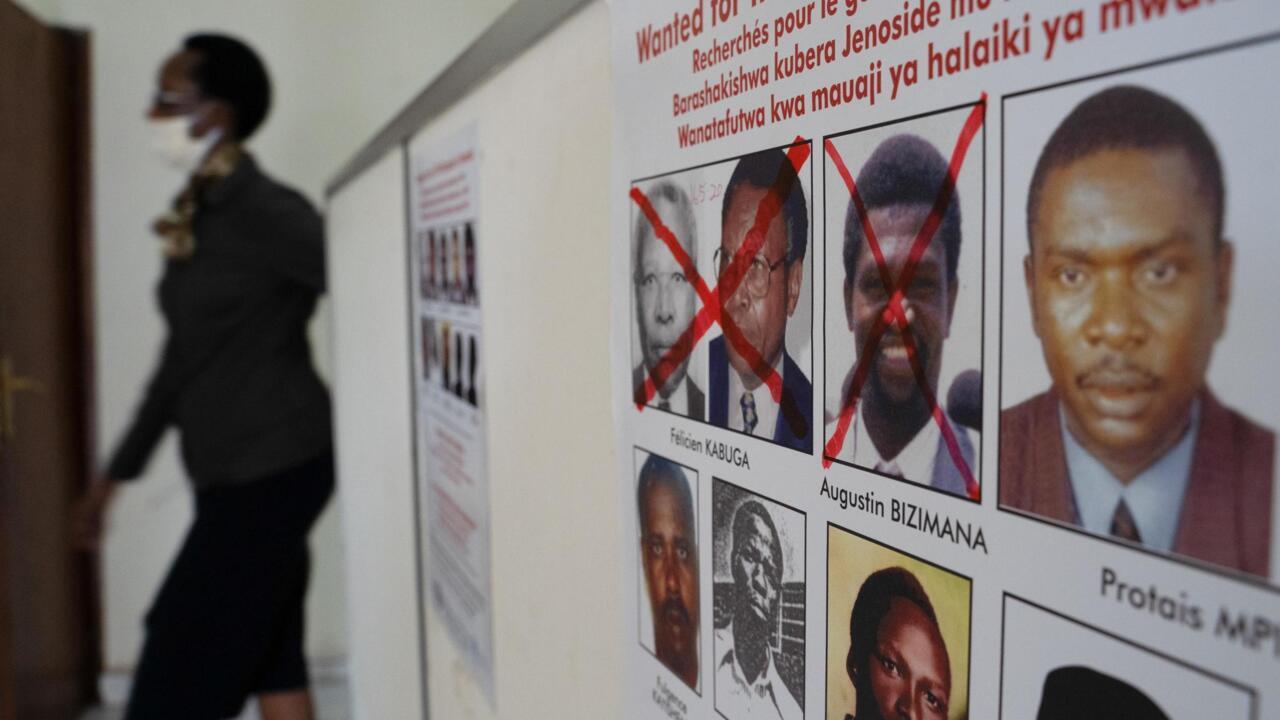Understanding mass crimes
By: Marie-France Chatin Follow
A few weeks ago, in the Paris region, Félicien Kabuga was arrested, wanted for his central role in the genocide committed in Rwanda from April to July 1994.
Publicity
The man had been established in France for several years, under an assumed identity. Until his arrest, he was one of the last major perpetrators of the Rwandan genocide still free and alive. As the "financier" of the genocide, he was also the most wanted. When we talk about the mass killers of the greatest crimes in contemporary history, we wonder who these men are capable of mass killing. What do they experience in their consciousness? Do they not feel the horror of their actions? Don't they have compassion for their victims?
Guest :
Richard Rechtman , anthropologist and psychiatrist, director of studies at EHESS. " The ordinary life of genocidaires ", CNRS editions.
Newsletter Receive all international news directly in your mailbox
I subscribeFollow all international news by downloading the RFI application
google-play-badge_FR- Crime
- Rwanda
On the same subject
Genocide in Rwanda: the road to a trial for Félicien Kabuga will be long
Burma
Rohingya: Burmese commission of inquiry rules out genocide
In G major
Pin Yathay, survivor of the Khmer Rouge genocide

